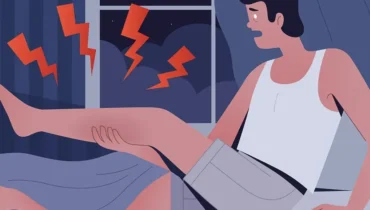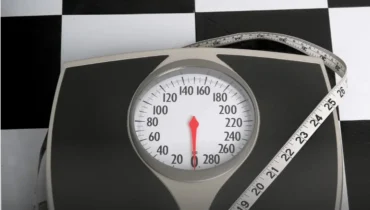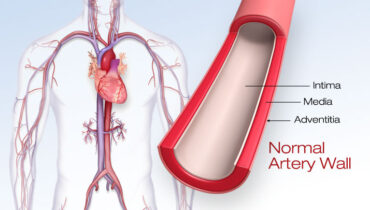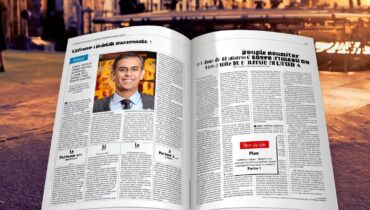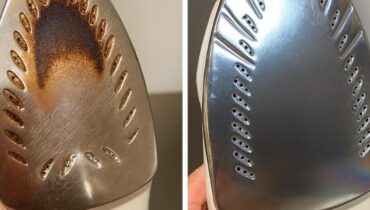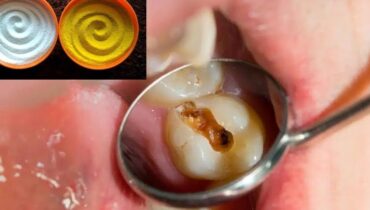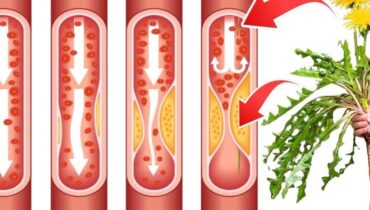📌 7 Appliances You Should Always Unplug to Save Energy and Prevent Fires
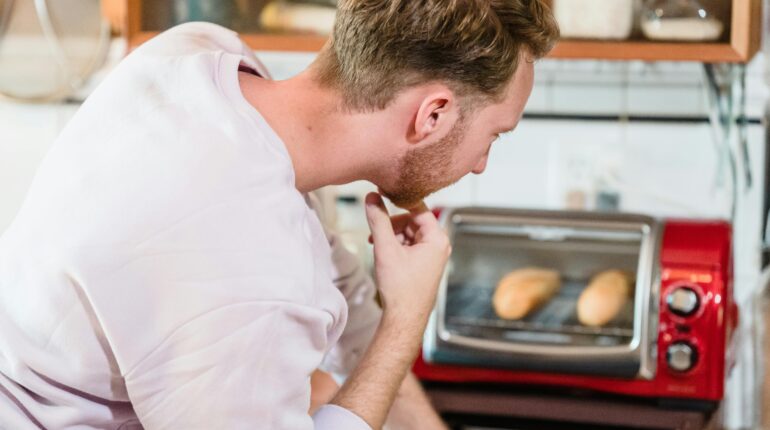
Posted 10 August 2025 by: Admin
Unplugging your appliances might seem like a small habit, but it can save money, cut energy waste, and protect your home from unexpected fire hazards.
When you unplug appliances after using them, you’re not only lowering your electricity bill—you’re also reducing fire risks and extending the lifespan of your devices. Many household electronics still draw electricity even when switched off, a hidden drain known as phantom power or standby power. Experts estimate this can account for up to 10% of a home’s total electricity use. Over time, that’s wasted money and added risk. Unplugging devices is also a smart way to guard against power surges during storms. It’s a simple, effective habit with long-term benefits. Below are five common appliances you should always unplug when they’re not in use—plus extra tips to boost your home’s safety.
1. Toasters and Toaster Ovens
Toasters and toaster ovens are staples in most kitchens, but they can also be dangerous. Crumbs that collect inside may ignite if the appliance overheats or malfunctions. Even when idle, plugged-in toasters continue to consume electricity. Power surges or faulty cords can cause sparks, especially if flammable items like paper towels are nearby. Older models without modern safety features are more prone to overheating. Always let the coils cool before unplugging, and clean the toaster regularly to keep it safe and efficient.
2. Coffee Makers
Many coffee makers draw electricity around the clock to keep clocks lit or water warm. This constant energy use not only raises bills but also puts stress on internal components. If a heating element fails while still plugged in, it can overheat and cause a fire—especially if placed near curtains or paper. Auto-shutoff stops brewing but doesn’t cut the power supply, so unplugging after use is the safest choice for both your home and your machine.
3. Air Fryers
Air fryers have built-in digital displays and memory functions that consume energy even when idle. Leaving them plugged in increases the chance of short circuits, particularly if grease builds up around the plug. Malfunctions in the heating element can cause unexpected heating, posing a fire hazard if flammable items are nearby. Always allow the unit to cool before unplugging—it’s a quick step that saves energy and reduces risk.
4. Space Heaters
Space heaters are among the most common causes of household fires. Even when turned off, many still draw power if left plugged in. Without proper safety features, older models can overheat or short out if tipped over. The risk is higher near blankets, curtains, or other flammables. Space heaters also consume high amounts of electricity, potentially overloading circuits when combined with other devices. Unplugging after each use is essential for safety.
5. Microwaves
Microwaves are major phantom power offenders, with their clock displays and control circuits running constantly. Internal malfunctions can cause sparks, especially in older units or those with built-up grease inside. Surrounding the microwave with flammable items like cookbooks or paper towels only increases the hazard. Unplugging between uses not only improves safety but also gives you a chance to clean it regularly.
6. Additional Tips to Keep Your Home Safe
Beyond unplugging, inspect cords for cracks or frays, replace damaged plugs promptly, and avoid overloading outlets. Use surge protectors for electronics, maintain functional smoke detectors in every room with appliances, and store flammable materials far from heat sources. Educate children on safe appliance use and keep manuals accessible for quick reference.
7. Simple Ways to Save Electricity
Reduce your electricity use with small changes: swap incandescent bulbs for energy-efficient LEDs, adjust thermostats seasonally, run full laundry loads in cold water, and maintain your fridge at 37–40°F. Use ceiling fans for air circulation and smart power strips to automatically cut standby power. Always unplug chargers and small electronics when not in use.
Conclusion
Making unplugging a daily habit is one of the easiest, most effective ways to cut phantom power costs and prevent household hazards. Whether it’s a toaster, coffee maker, air fryer, space heater, or microwave, pulling the plug reduces wear, saves money, and improves safety. Combine this habit with regular maintenance and smart energy practices, and your home will be safer and more efficient.


